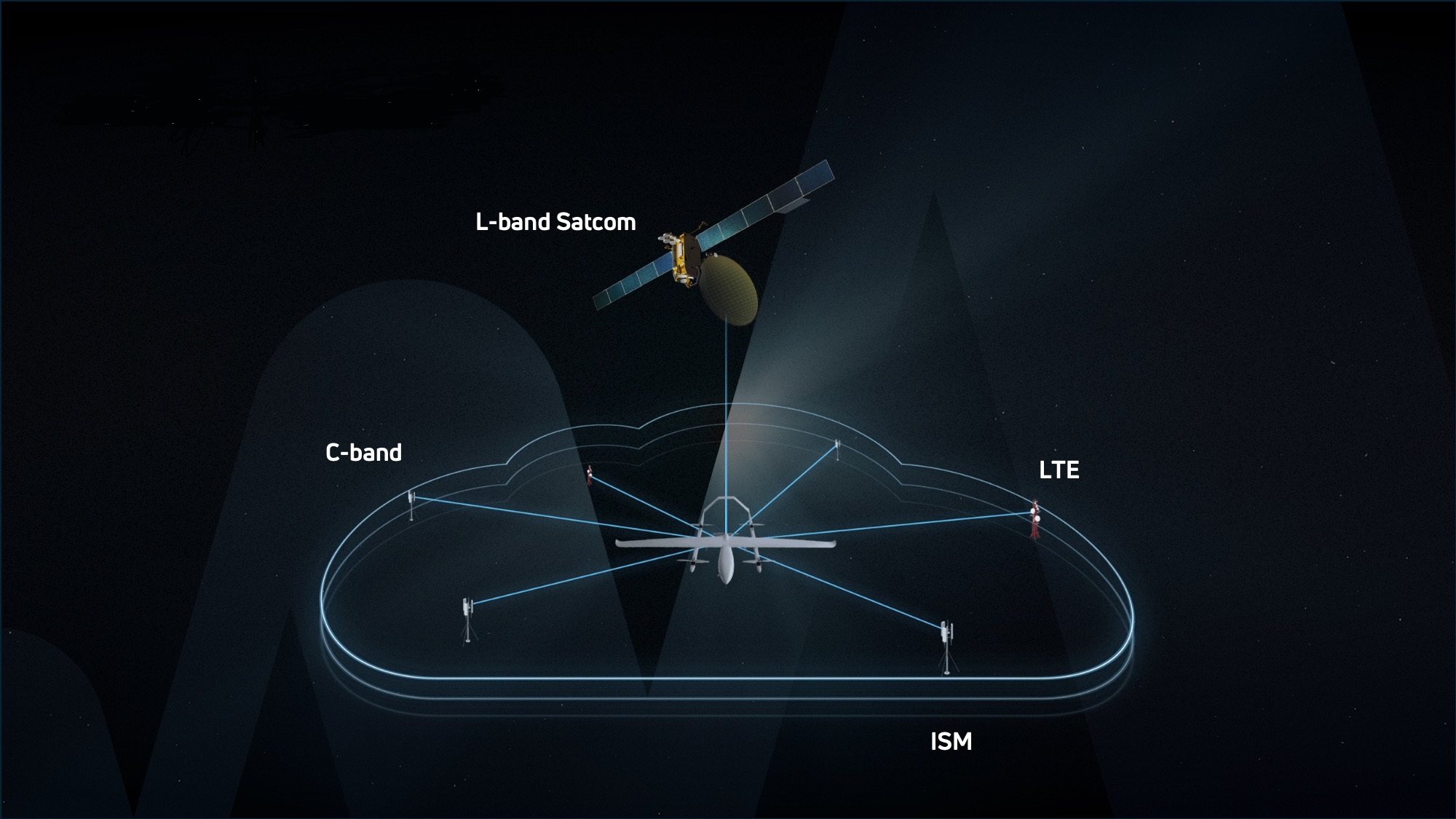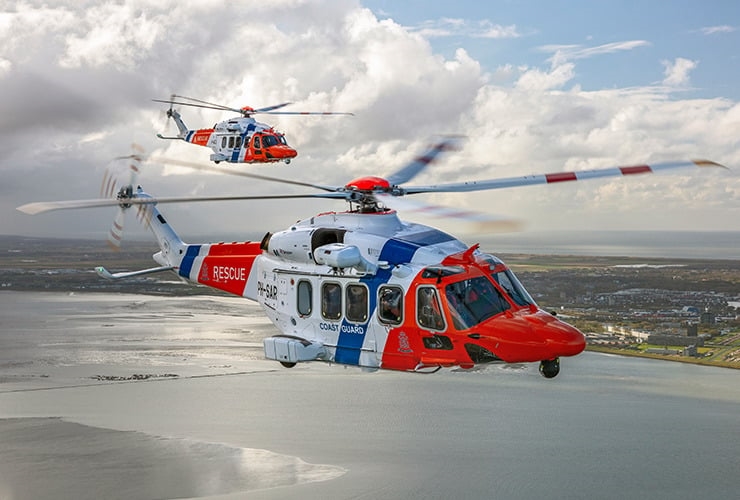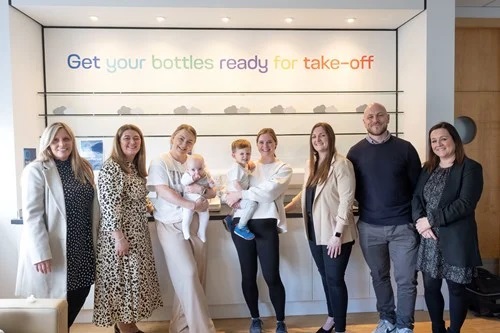10 years of handling REACh
REACH came into force on 1 June 2007 and it applies to all substances produced or imported in the EU. Managed by the European Chemicals Agency (ECHA), REACh replaced a number of European Directives and Regulations with a single system concerning the registration, evaluation, authorisation and restriction of chemicals.
Thanks to REACh, knowing what substances are inside your product and understanding and managing the human and environmental risks associated with their use is now on every manufacturer’s radar. Yet despite being a decade old, many manufacturers still feel REACh is a complicated beast. Indeed, its 849 pages took seven years to pass and it has been described by some as the most complex legislation in the EU's history.
Chris Mayer, Health and Safety Environmental Manager at at South West Metal Finishing (SWMF) agrees. The Exeter-based company is an international supplier of surface treatment services to the aerospace, defence, marine and other industrial sectors. The company has been proactively dealing with REACh since it was first introduced. Indeed, Chris has become a regular on the talk circuit, giving presentations on REACh to world-class engineering companies and trade organisations.
Chris said REACh is complicated and it leaves many manufacturers breaking out in a cold sweat: “Put simply, the ECHA prohibits the use of certain substances such as lead chromate. Other substances, such as trichloroethylene are authorised but only for a specific amount of time and under the restrictions of the granted authorisation – but this varies from substance to substance. And to further complicate the matter, ECHA can sometimes have a limited number of authorised uses for substances. So this means that manufacturers also need to ensure the way they use the authorised substance is also approved by ECHA.”
Some of the key substances currently under threat of being banned by the ECHA are trichloroethylene, chromium trioxide, cadmium, sodium dichromate and potassium dichromate. Also, in terms of processes hard chrome, chromic anodising, cadmium and chromate conversion coatings are currently under the microscope.
As one might expect, the list of harmful substances is continuously growing and requires organisations to constantly monitor any announcements and additions to REACh scope.
Another key element of REACh is Article 66 which requires companies to communicate information on chemicals up and down the supply chain in order to ensure that manufacturers, importers, and also their customers are aware of information relating to health and safety of the products supplied.
Clearly, having detailed information on the substances present in their products means companies like SWMF can work with its customers to substitute or remove potentially harmful substances. “We strive, wherever possible, to substitute the use of harmful and hazardous chemical substances with safer and more environmentally friendly alternatives,” saidChris. “We offer REACh compliant alternative coatings whilst also continuing to offer proven and established surface treatments in order to support all our customers’ requirements.”

An example of this is the company’s £750,000 investment in a fully automated Tartaric Sulphuric Acid (TSA) line (above) – one of the first in the UK to be fully approved by Airbus.
According to Chris, the company invested in TSA as a replacement for chromic acid anodising to help futureproof the business: “No one has a crystal ball,” says Chris, “but there is a strong feeling that at some point in the future, maybe over the coming years, chrome will be phased out by REACh, so there will be a market demand for chrome replacements such as TSA and as only a small number of surface treatment plants have TSA lines, SWMF will be well placed to provide this service.”
Among the other REACh compliant coatings, the company offers non chromate based alternatives to stainless steel passivation and conversion coatings for aluminium as well as trivalent alternatives for the passivation of zinc and zinc-nickel.
So, what are the main pros and cons of REACh? “Obviously a major benefit of REACh is protecting human health and the environment. Being based in the South West, we are privileged to live and work in a beautiful part of the world which is home to a stunning coastline and awe-inspiring national parks,” said Chris. “As such we do our best to reduce our environmental footprint not only through REACh but by adhering to other environmental standards. For example, we are approved to ISO 14001 environmental management standard and all processes on site operate to ISO 9001 and AS9100 quality requirements.”
However, Chris believes that REACh’s other claim, to innovate the capability and competitiveness of the EU chemicals industry, is a double edged sword: “We are a forward-looking company, so for us complying with REACh means that we are future proofing our business. However, it may be difficult for some UK manufacturers to change their processes due to technical restrictions, which could mean certain processes become unavailable which would then potentially affect the manufacturing supply chain in the EU. If lots of manufacturers did this, clearly the market in the EU could take a downturn. Obviously this is a worst case scenario and personally I have faith that manufacturers in the EU will do the right thing.”
South West Metals Finishing is comitted to ensuring human health and the environment are protected from chemical risks.












